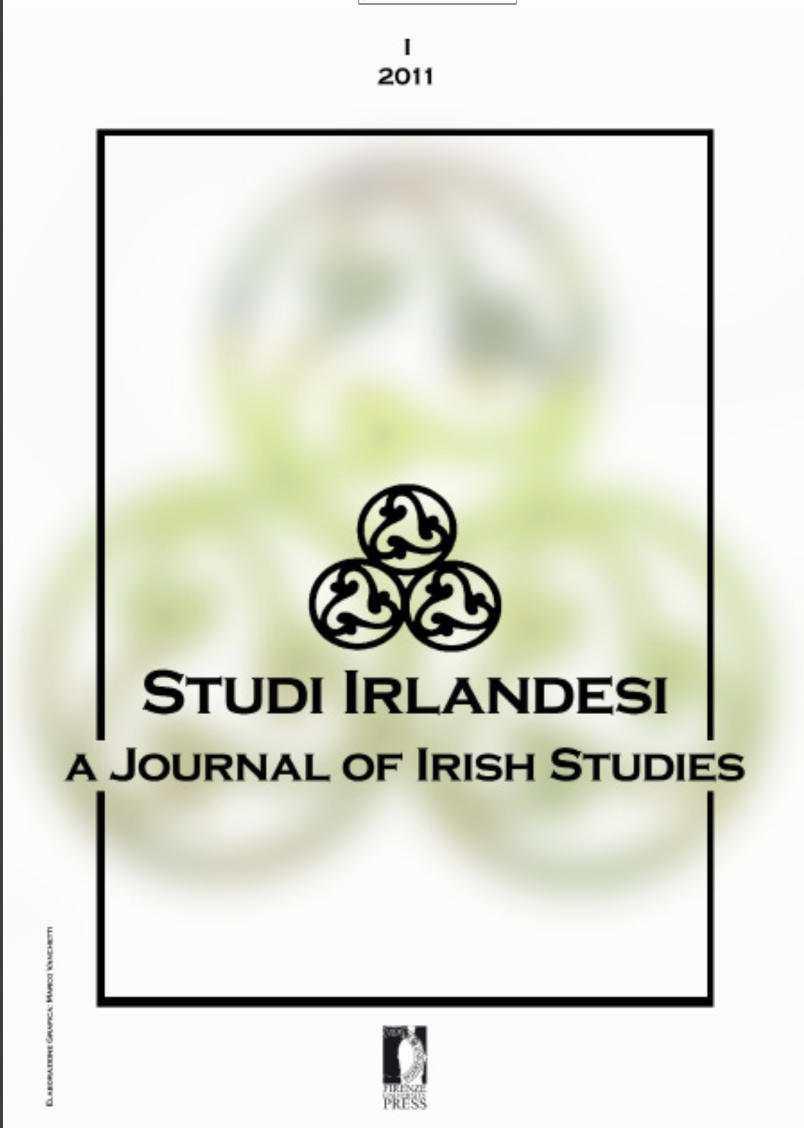Pubblicato 2011-08-04
Come citare
Abstract
This article focuses on the memoir The Speckled People, by the Irish-German novelist Hugo Hamilton, and its Italian translation (Il cane che abbaiava alle onde) by Isabella Zani, in order to investigate how the state of verb tense and aspect in an original and its translation may influence time representation and perception. It also deals with the translation of cultural elements and with the translator's difficult task of bridging cultural differences. The instances of my investigation are made the harder to deal with by the fact that the character's language-game is played as an indicator of identity and as such it rests on the edge of untranslatability. This status does not only regard translation but influences the act of reading


